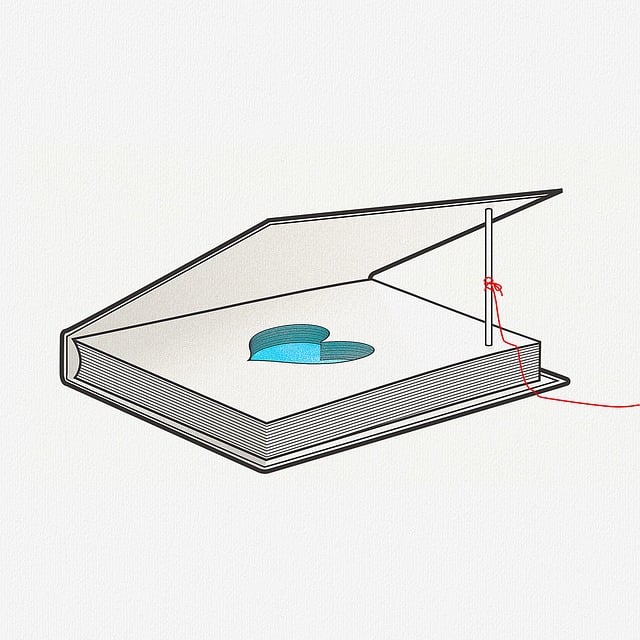The Oregon Probate Court oversees the complex Oregon probate process, ensuring estates are distributed according to the deceased's will or state intestacy laws. This involves filing petitions, appointing personal representatives, gathering and valuing assets, paying debts and taxes, and finally distributing the estate to beneficiaries. The Oregon probate timeline varies from months to years based on estate complexity, with key steps including will filing, asset management, debt settlement, and beneficiary distribution, all under court supervision. Understanding these processes is vital for families navigating emotional challenges during probate proceedings Oregon.
Understanding the Oregon Probate Court and Its Role
In Oregon, the probate process is a legal procedure that ensures the orderly transfer of a deceased person’s assets according to their will or state law. The Oregon Probate Court plays a crucial role in overseeing these matters, with specialized judges handling probate cases. Proceedings take place in designated court locations across the state.
Oregon Probate Process Steps in Detail
Grasping each step is essential for laypersons navigating this complex process. From filing a petition for probate to distributing assets and closing the estate, each phase requires meticulous attention. We’ll break down these steps, as well as the associated timeline, to demystify the Oregon probate experience.
Oregon Probate Timeline and Key Proceedings
Understanding the timeline is vital for managing expectations. Initial filings to court approval, asset valuation periods, notice publications, and probate court hearings all contribute to the overall process. By recognizing these key proceedings, individuals can ensure a smoother transition during what can be an emotional time.
- Understanding the Oregon Probate Court and Its Role
- – What is probate?
- – Who handles probate cases in Oregon?
Understanding the Oregon Probate Court and Its Role

The Oregon Probate Court plays a pivotal role in overseeing the Oregon probate process steps for those who have passed away. This court is responsible for ensuring that an individual’s estate is distributed according to their wishes, as outlined in their will or, if there is no will, following state laws of intestacy. Understanding probate Oregon involves grasping the complex nature of probate proceedings Oregon, which can be a challenging time for families dealing with loss.
The probate court facilitates the entire Oregon estate process, from beginning to end. This includes receiving and approving petitions, granting legal authority to personal representatives or executors, overseeing the gathering and valuation of assets, and ensuring debts and taxes are paid. The court also supervises the distribution of the remaining estate to beneficiaries, as outlined in the deceased’s legal documents. Knowing the Oregon probate timeline is crucial, as it provides a structured framework for these proceedings, offering some measure of predictability during an otherwise emotional and complex time.
– What is probate?

Probate is a legal process that’s essential to understanding the Oregon estate process. It involves the court supervision of a deceased person’s will, ensuring their wishes are carried out and debts are paid. When someone passes away, their assets are typically held in abeyance until probate is complete. This means the beneficiaries named in the will may not have immediate access to the property or funds.
In Oregon, probate court oversees these proceedings, guiding executors (named in the will) through a series of steps, known as the Oregon probate process steps. This timeline involves filing the will and other necessary documents, identifying and valuing assets, paying debts and taxes, and ultimately distributing the remaining estate to beneficiaries. The entire process can take several months to years, depending on factors like the size and complexity of the estate (probate proceedings Oregon).
– Who handles probate cases in Oregon?

In Oregon, probate cases are handled by a probate court, which is a specialized division within the state’s judicial system. The court plays a crucial role in overseeing and managing estate proceedings for individuals who have passed away. Understanding the probate process in Oregon involves navigating through several steps that can be complex for laypersons. This includes the appointment of a personal representative (often a close relative or trusted friend) to administer the deceased’s estate, gathering and valuing assets, paying off debts and taxes, and distributing the remaining property to beneficiaries as outlined in the will or as required by state law if there is no valid will.
The Oregon probate timeline varies depending on the size and complexity of the estate. Simple probates, involving a small estate with few assets and clear beneficiary designations, can often be completed within several months. More complex cases, however, may take significantly longer due to the need for additional documentation, court hearings, and potential disputes among beneficiaries. Throughout probate proceedings Oregon, all parties involved are expected to comply with legal requirements, file necessary documents accurately and on time, and maintain open communication with the personal representative and the court to ensure a smooth estate process.






